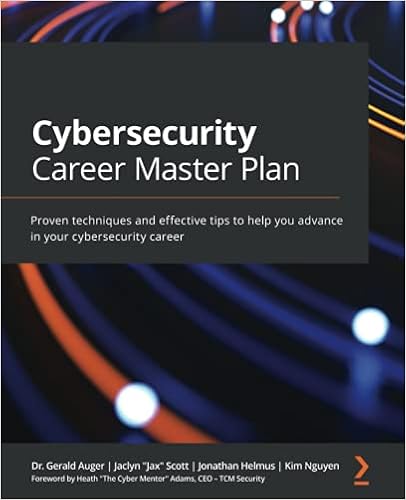How Many Cybersecurity Pros do we Really Need?
We take it as gospel that we have a skills gap in cybersecurity. In fact, the narrative across most of the industry is that you need tools and you need automation because there aren’t enough people to do the work.
And we believe it. But what if that’s not actually the case?
Let me play devil’s advocate for a bit here. I know of quite a few entry-level security folks that are having trouble getting jobs. Now, these are young folks, so maybe their expectations are a bit wacky in terms of compensation or perks or culture but, all the same, if we had such a severe cybersecurity skills gap, wouldn’t the market normalize the additional salary and perks to hire anyone? Is it about the bodies or getting the right bodies? Are we in a position to be picky?
Maybe that’s it. A lot of the entry-level folks aren’t very good at security. How can they be? Security is hard. You need to know a lot of stuff about a lot of stuff, and it’s not the kind of knowledge you really get in a classroom. To be clear, a cybersecurity curriculum provides a great foundation for security professionals, but you don’t really learn until you are screwing it up for real in a live-fire environment.
What if everyone likes to bitch about how we can’t find enough people because they want to cover their asses regarding the reality that most security teams don’t perform very well? Is the industry just diverting attention away from our abysmal outcomes by blaming it on the lack of people? Is this security’s Wizard of Oz moment?
Let’s talk about the folks that should have the most acute problem: The MSSPs or MDR (managed detection and response) companies. These companies can’t grow without people, and they’ve raised capital at valuations that promise that they’ll be growing quickly for many years. How are they addressing this problem?
MDR companies are growing their staff internally. They invest in automation, threat intelligence and supporting technologies that help entry-level security practitioners to become productive faster. They send these n00bs to training and they put guardrails around them to make sure they don’t screw up (too badly).
Maybe that’s the answer. There are enough practitioners, but they don’t have the right skills. The raw materials are available, but we may not want to make the commitment to develop them into workable security staff. So your choice breaks down to either bitching about not having enough staff or getting to work developing your junior staffers.
Now, I may be wrong—t wouldn’t be the first time and it won’t be the last. We may not have enough practitioners to get the work done, but I think we’re focusing too much on what we can’t do and not enough on what we can by making an investment in our people.
Agree? Disagree? Let me know in the comments.
https://securityboulevard.com/author/mike-rothman/
Confident Cyber Security: How to Get Started in Cyber Security and Futureproof Your Career





